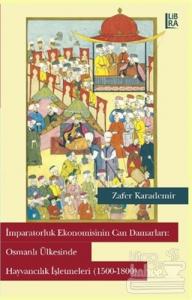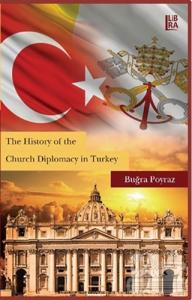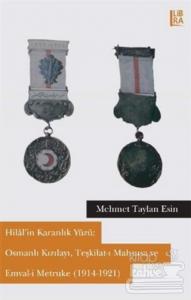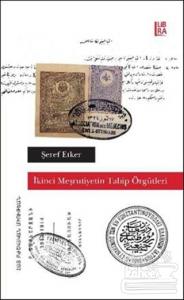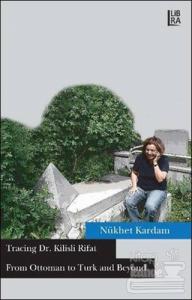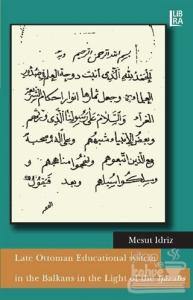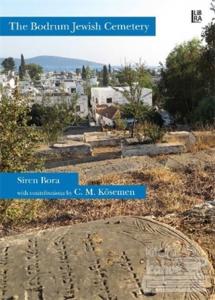
This book explores the life and ideas of the eminent liberal journalist, Ahmed Emin (Yalman)'s changing perceptions of the “other” in the Armistice Period (1918-1923) and beyond. Throughout the work, Ahmed Emin's perception of non-Muslim Ottomans, non Turkish Muslims and the Western powers, as well as these perceptionsthe changes in are all analyzed through both qualitative and quantitative methods and based on content analysis. In addition to his editorials, published in the two newspapers Vakit and Vatan in Istanbul during the Armistice Period, his narration and reconstruction of the past events in his memoirs (one of which was composed in English) are also included in the comparative analysis. The work shows that, along with the continuous elements in his writings, such as his almost unchanging liberal-Westernist ideology, Ahmed Emin's opinions were subject to change in accordance with changes on the ground and shifts in power configurations.
This book explores the life and ideas of the eminent liberal journalist, Ahmed Emin (Yalman)'s changing perceptions of the “other” in the Armistice Period (1918-1923) and beyond. Throughout the work, Ahmed Emin's perception of non-Muslim Ottomans, non Turkish Muslims and the Western powers, as well as these perceptionsthe changes in are all analyzed through both qualitative and quantitative methods and based on content analysis. In addition to his editorials, published in the two newspapers Vakit and Vatan in Istanbul during the Armistice Period, his narration and reconstruction of the past events in his memoirs (one of which was composed in English) are also included in the comparative analysis. The work shows that, along with the continuous elements in his writings, such as his almost unchanging liberal-Westernist ideology, Ahmed Emin's opinions were subject to change in accordance with changes on the ground and shifts in power configurations.

